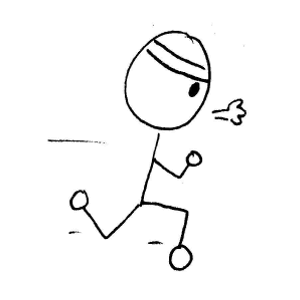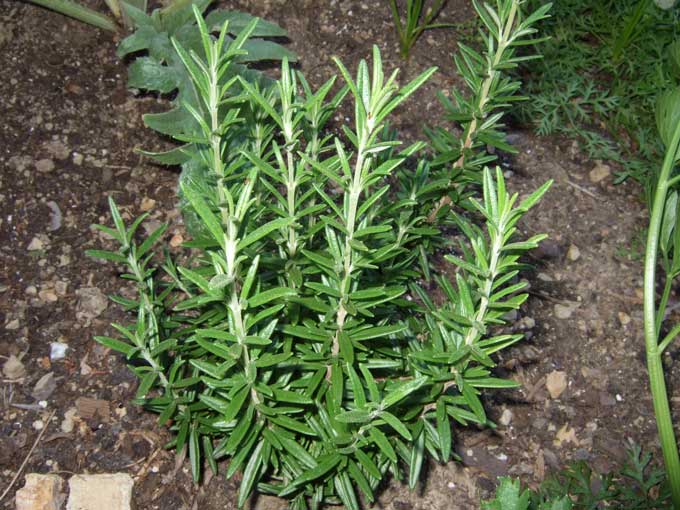
A wonderful combination of Chinese herbs used to beat mild depression that seems to linger over your head like a dark cloud is a combination containing perilla, saussurea, gambir, bamboo, bupleurum, pinellia, aurantium, zhishi, ophiopogon, cyprerus, platycodon, ligusticum dang gui, panax ginseng, hoelen, coptis, ginger, and licorice. This combination will work on decongesting the liver which can help lift depression.
Another good single herb to use along with this Chinese combination is milk thistle. Besides stemming from a burdened liver, depression can be brought about by other physical factors, including nervous system or chemical imbalances, thyroid problems, or circulatory problems.
The B-complex vitamins can help combat stress and should always be considered when depressed. Zinc is another mineral crucial to mental health, and a zinc deficiency should not be overlooked with serious depression.
You might want to consider some extra steps as well if you cannot seem to snap out of depression:
- Find yourself a good counselor/psychiatrist/psychologist.
- Get some exercise.
- Temporarily change your environment to help stimulate a change in your mood.
- Act happy! The saying goes that if you act happy, you will eventually be happy.
- Smile and tell me you’re cranky, try it!
- Remember the big picture, and get philosophical. Things don’t seem so glum when you realize that there is a universal order and that everything happens for a reason.
- Try helping someone else who’s worse off than yourself. Remember that we all have something to offer the world. So don’t be sad—be glad you have something to offer!
- Give your cat some catnip and watch her play!









